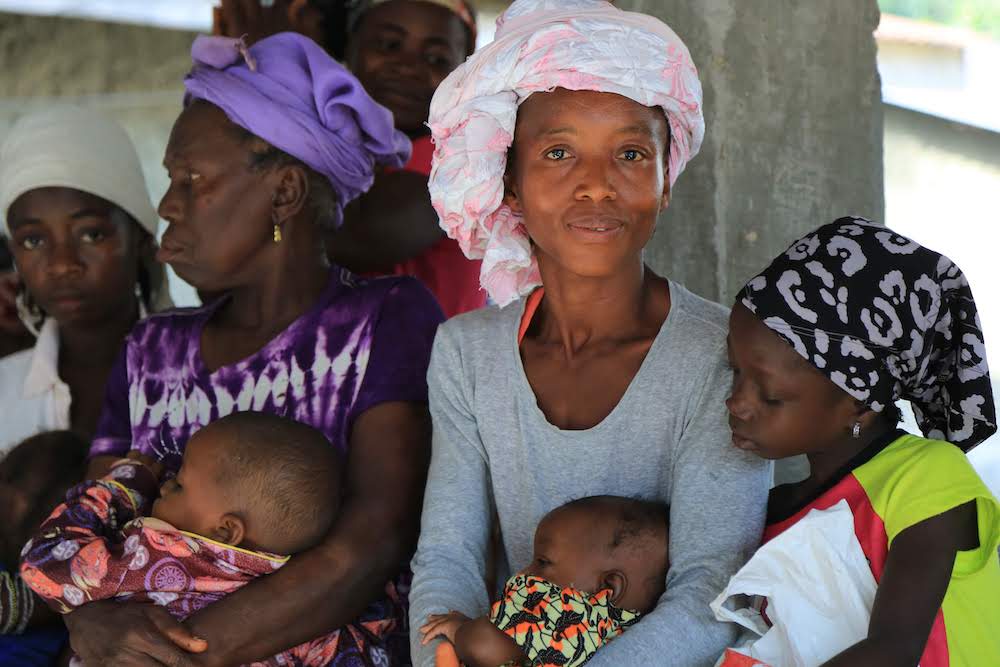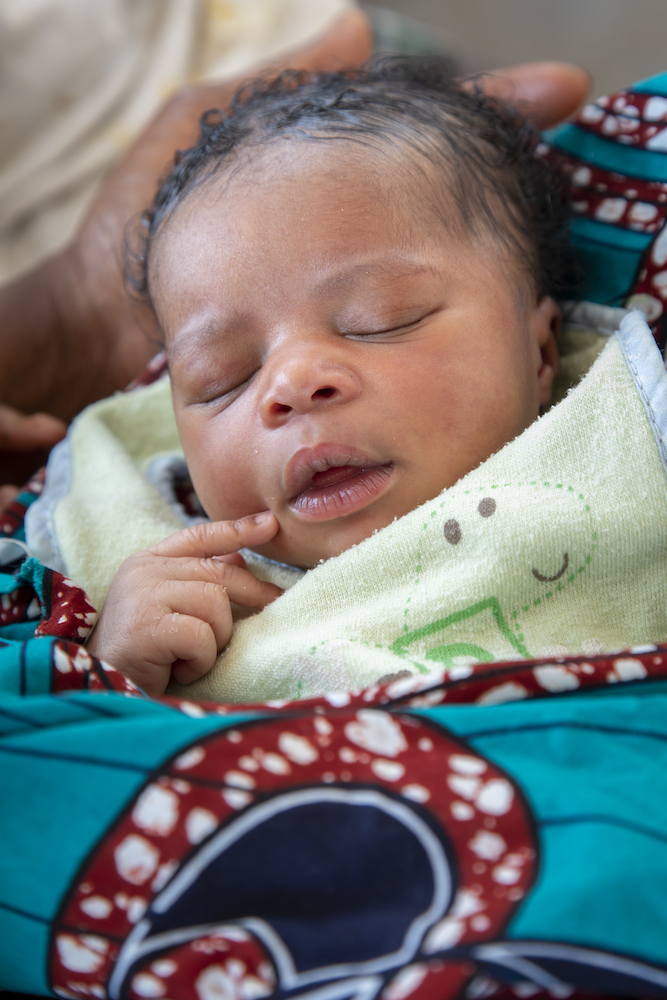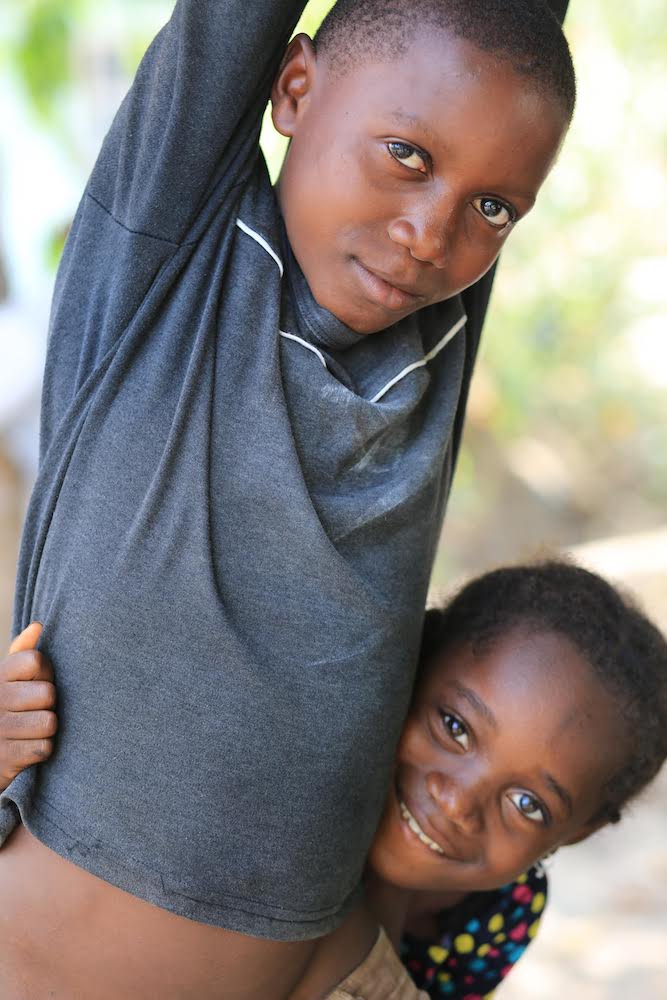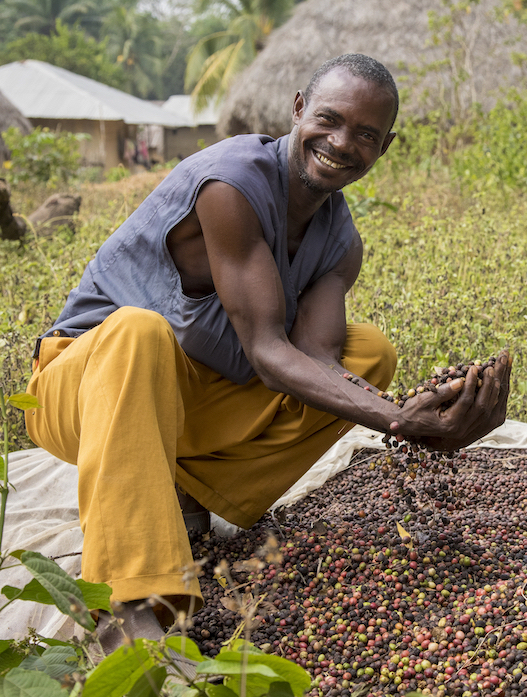
We work with global supporters and the local communities together to improve health care quality and access, to provide a home for expectant mothers, to operate a children's health and malnutrition program, and to grow sustainable food.
Rural Health Redevelopment
With approval from the Bo District Medical Office, RHCI partners with communities in the Tikonko Chiefdom to:
- Operate Mobile Outreach Clinics in 8 villages
- Provide medical training for community health workers, nurses and midwives
- Partner with local health centers to provide medical supplies through shipments of donated medical and baby suppliies
- Provide transportation for patients to health care facilities
Birth Waiting Homes
RHCI operates two Birth Waiting Homes located in Tikonko and Gondama, providing expectant near-term mothers with:
- Antenatal care including ultrasound
- Postnatal and newborn health care
- Food, laundry, housekeeping, and security
- Transportation to health care facilities for childbirth
- Health education on hygiene, nutrition, and breastfeeding
- Education on family planning
- Instruction in farming and tailoring
- Social activities

Children’s Health Program
In partnership with the Tikonko and Gondama Community Health Centers and the Kassama and Sembehun Tarbema Maternal Child Health Posts, a RHCI provides health care and nutritional services to children including:
- Diagnosing and treating malaria, acute respiratory infections, diarrhea, and other common illnesses
- Improving access to immunizations
- Transporting and paying for hospital care in Bo for critically ill children
- Providing evaluation and treatment for malnourished children in our outreach clinics, including supplemental feedings and caregiver education
In July 2022, RHCI expanded its child outreach clinic services to include children through age 10.
Sustainable Food & Agriculture
Widespread food insecurity promotes malnutrition, poor health, and mortality. RHCI addresses this challenge in two ways:
- Cultivating a sustainable agricultural plot that provides staff and patients with a fresh and consistent food supply
- Working with local farmer-based organizations and an agriculture specialist to increase consistent community-wide food sourcing particularly during the “hunger” season





